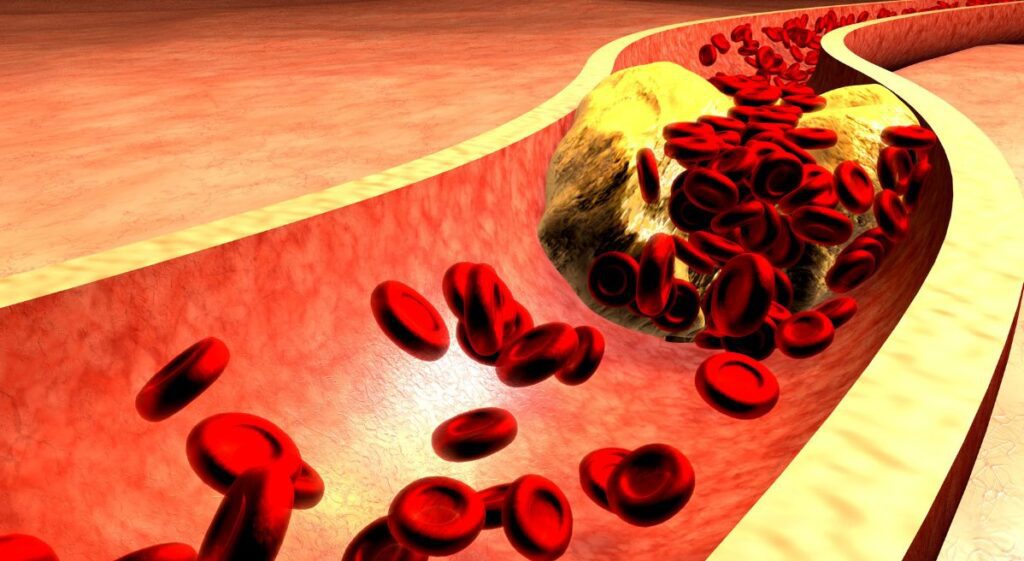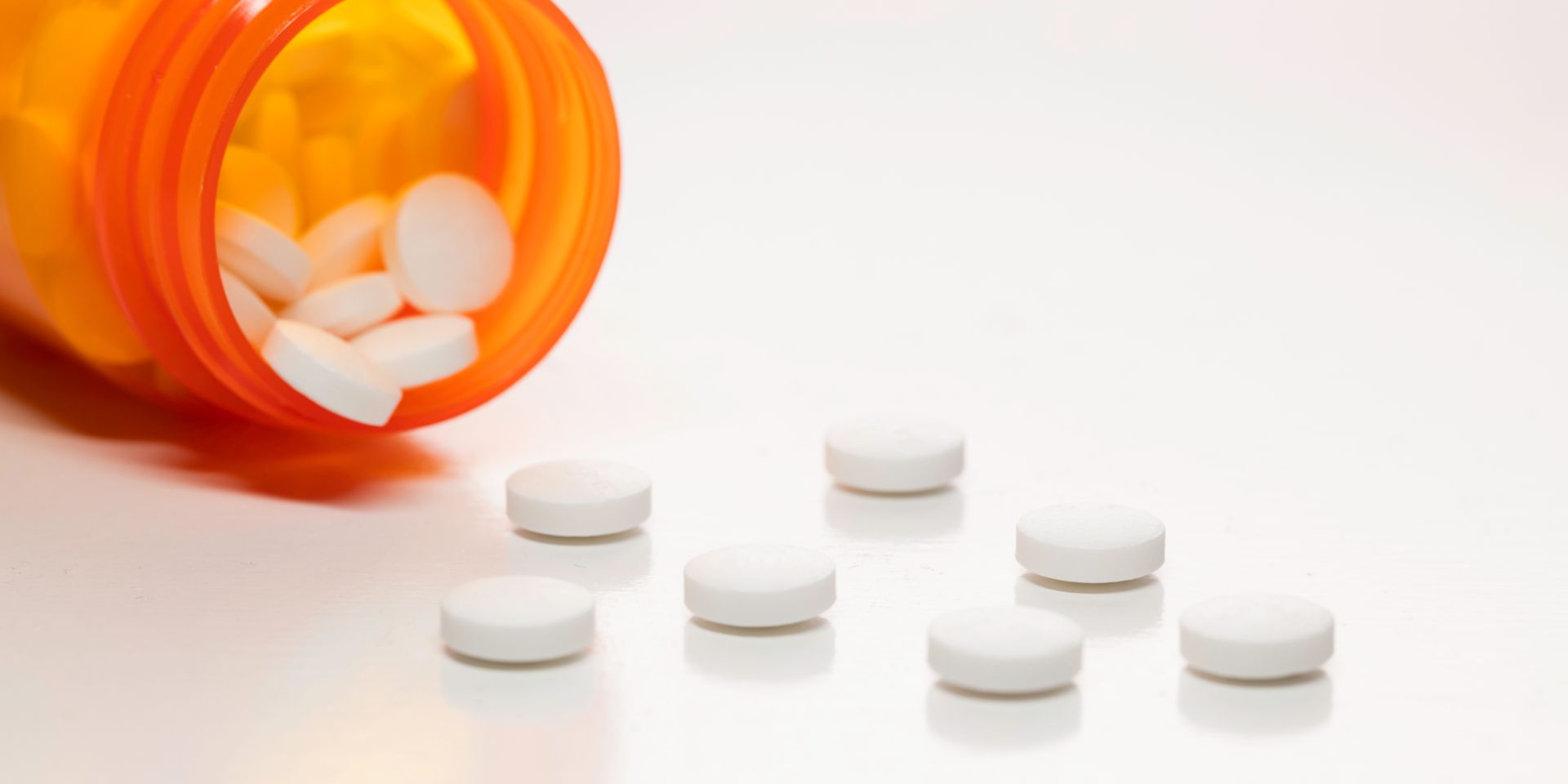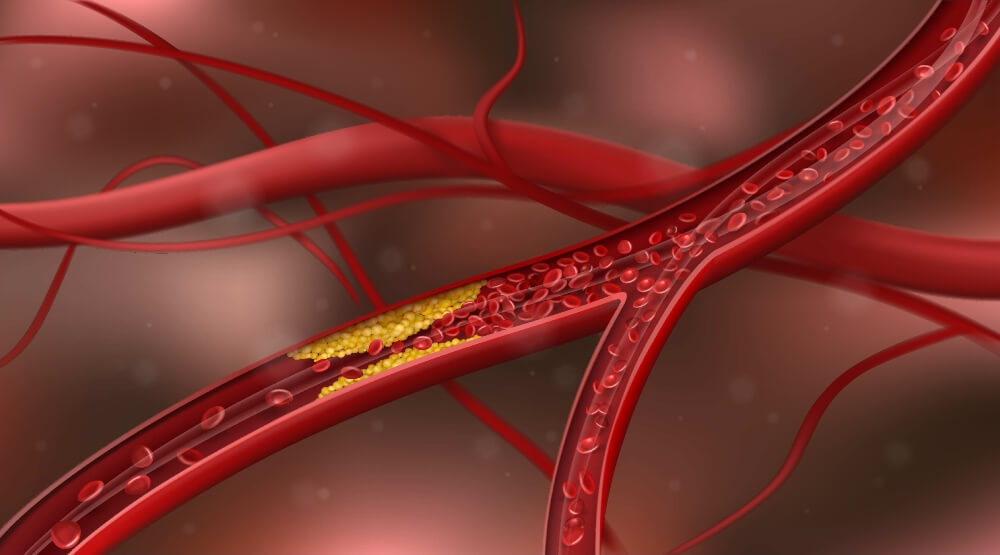High cholesterol levels in the blood over time lead to narrowing and then blockage of arteries by binding with other substances such as fats and calcium, forming plaque on the walls of blood vessels. This condition is known as atherosclerosis. Blocked or narrowed arteries can prevent blood from reaching parts of the body, which can lead to the risk of heart attack, heart failure, or stroke. If you want to assess the condition of your blood vessels and the percentage of blockage, you can do so at the Atherosclerosis Center at Pulse Cardiology Center.
There are no quick solutions for reducing plaque, but individuals can make key lifestyle changes to halt its accumulation and improve heart health. When preventive methods are not effective, a person may require medical intervention to mitigate the consequences of artery blockage. A doctor may prescribe medications for treating atherosclerosis, such as aspirin or cholesterol-lowering drugs like statins.
Cleaning blood vessels from cholesterol
If total cholesterol levels are close to the upper limit of 5.5 mmol/L or higher, it is a sign that dietary and lifestyle changes are necessary. Even in situations where medication is needed to maintain optimal cholesterol levels, a change in diet and the inclusion of physical activity are still important.
It’s important to understand that there is bad (LDL) cholesterol and good (HDL) cholesterol. It is the bad cholesterol that sticks to the walls of blood vessels, posing a risk to cardiovascular health. HDL cholesterol, on the other hand, protects against heart disease by removing bad cholesterol from the blood and preventing its buildup in artery walls.
Controllable risk factors for blood vessel blockage
Risk factors for the development of blocked blood vessels that can be influenced include:
- High blood pressure
- Smoking
- High cholesterol levels
- Insulin resistance and diabetes
- Obesity
- Lack of physical activity
- Unhealthy diet
If you identify with any of these risk factors, it is advisable to undergo a comprehensive cardiological examination.
PULSE Cardiology Center includes the Atherosclerosis Center, led by Chief Dr. Svetislav Mališić. The Center is staffed by top experts who conduct thorough and specialized examinations of blood vessels.
How to naturally cleanse blood vessels
To naturally cleanse blood vessels, it is based on regular physical activity and a diet rich in unsaturated fatty acids. These foods contain HDL cholesterol, which can help remove bad cholesterol (LDL) from arteries before it turns into plaque.
The general recommendation is to consume foods rich in omega-3 fatty acids such as walnuts, avocados, olives, trout, herring, salmon, and mackerel. Your diet should include berries, citrus fruits, beans, vegetables, poultry, whole grains, and low-fat dairy products. It is also necessary to limit foods high in sugars, red meat, and sugary beverages.
Lose excess weight: Being overweight increases the risk of high cholesterol, high blood pressure, and type 2 diabetes. Weight loss, especially abdominal fat, raises good cholesterol and lowers bad cholesterol.
Doctors’ advice for cleansing blood vessels
Advice from doctors, especially cardiologists, relies on general recommendations, emphasizing that the best treatment for cleansing blood vessels is usually prevention, as removing plaque is much more challenging than preventing its formation. Therefore, doctors recommend the following steps:
Adopt a Mediterranean diet as it can reduce the risk of heart disease by 30%. It includes olive oil, fruits, vegetables, nuts, and fish; limited amounts of red or processed meat; moderate consumption of cheese and wine.
Eliminate bad habits. Smoking damages the lining of the arteries. Quitting can help raise the levels of HDL (good cholesterol).
Exercise regularly. Aerobic exercises can increase HDL, lower blood pressure, burn body fat, and reduce blood sugar levels. Exercise, combined with weight loss, can also lower LDL (bad cholesterol) levels. Aim for 150 minutes of moderate-intensity exercise per week.
Tea for cleansing blood vessels
Teas such as green tea, black tea, or ginger tea can be a good alternative to other beverages as they contribute to heart health. A new study from the University of California shows that compounds in green and black tea relax blood vessels by activating ion channel proteins in the vessel walls. This discovery helps explain the antihypertensive properties of tea and may lead to the development of new drugs for lowering blood pressure. Ginger has similar properties. It is known to improve circulation in the body as it contains magnesium, chromium, and zinc, all minerals known to enhance blood flow. Ginger root can be found as a supplement, but people can also boil it in hot water and drink it as a tea.
Treatment of blocked arteries
A doctor may recommend medication to lower LDL cholesterol along with dietary changes. The patient’s condition may require surgical treatment, which could involve cardiac catheterization or the placement of a stent.
Cardiac catheterization is a procedure used to clear blocked blood vessels.
Cardiac catheterization, also known as coronary angiography, can be used for both diagnosis and treatment of heart and vascular diseases and disorders. An interventional procedure can be performed during diagnostic cardiac catheterization when a blockage is identified, or it can be scheduled after catheterization confirms the presence of coronary artery disease.
Cardiac catheterization at PULSE Cardiology Center is performed by Dr. Aleksandar Cicović, Doc. Dr. Nemanja Đenić, Dr. Ivica Đurić, and many other experienced doctors.





